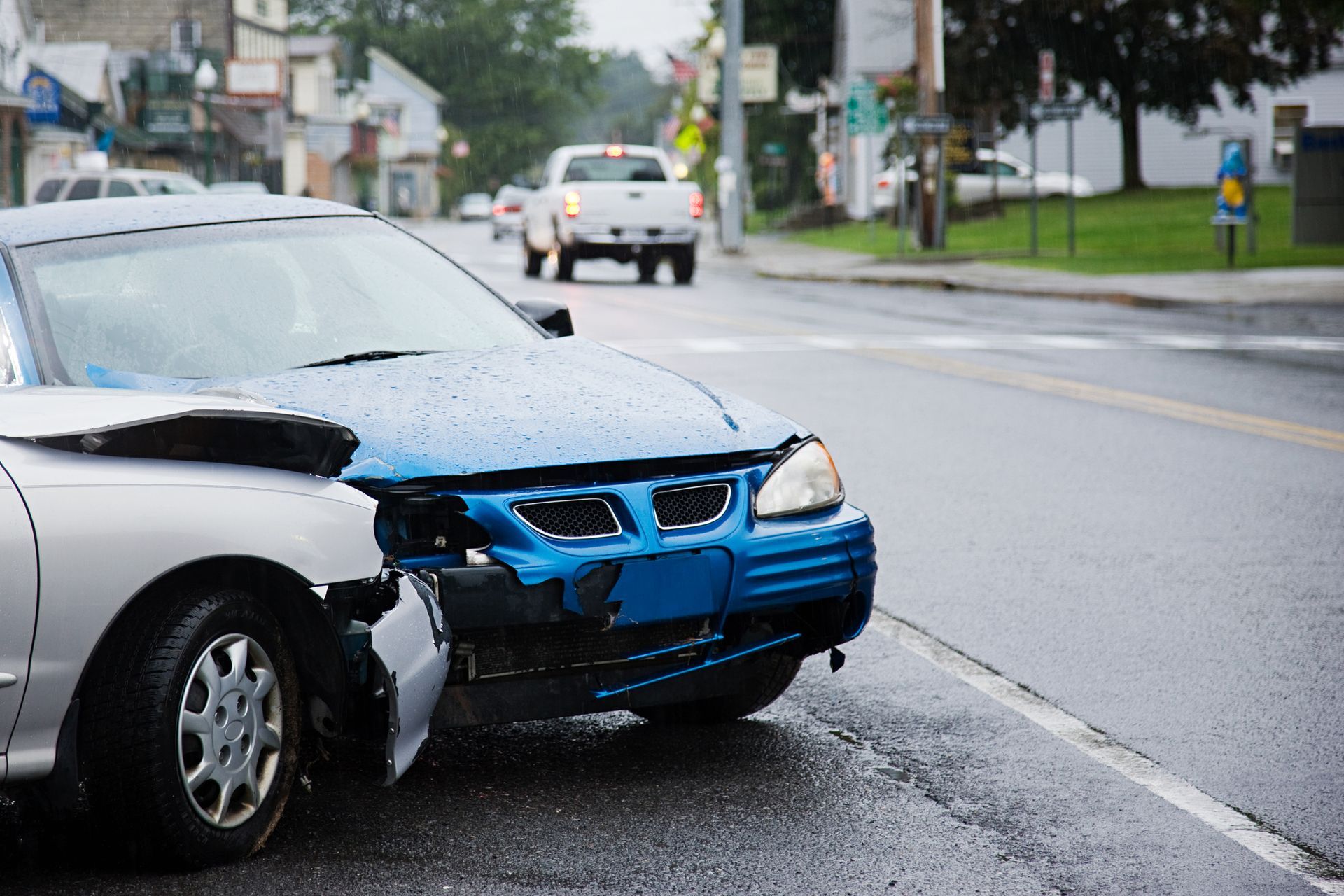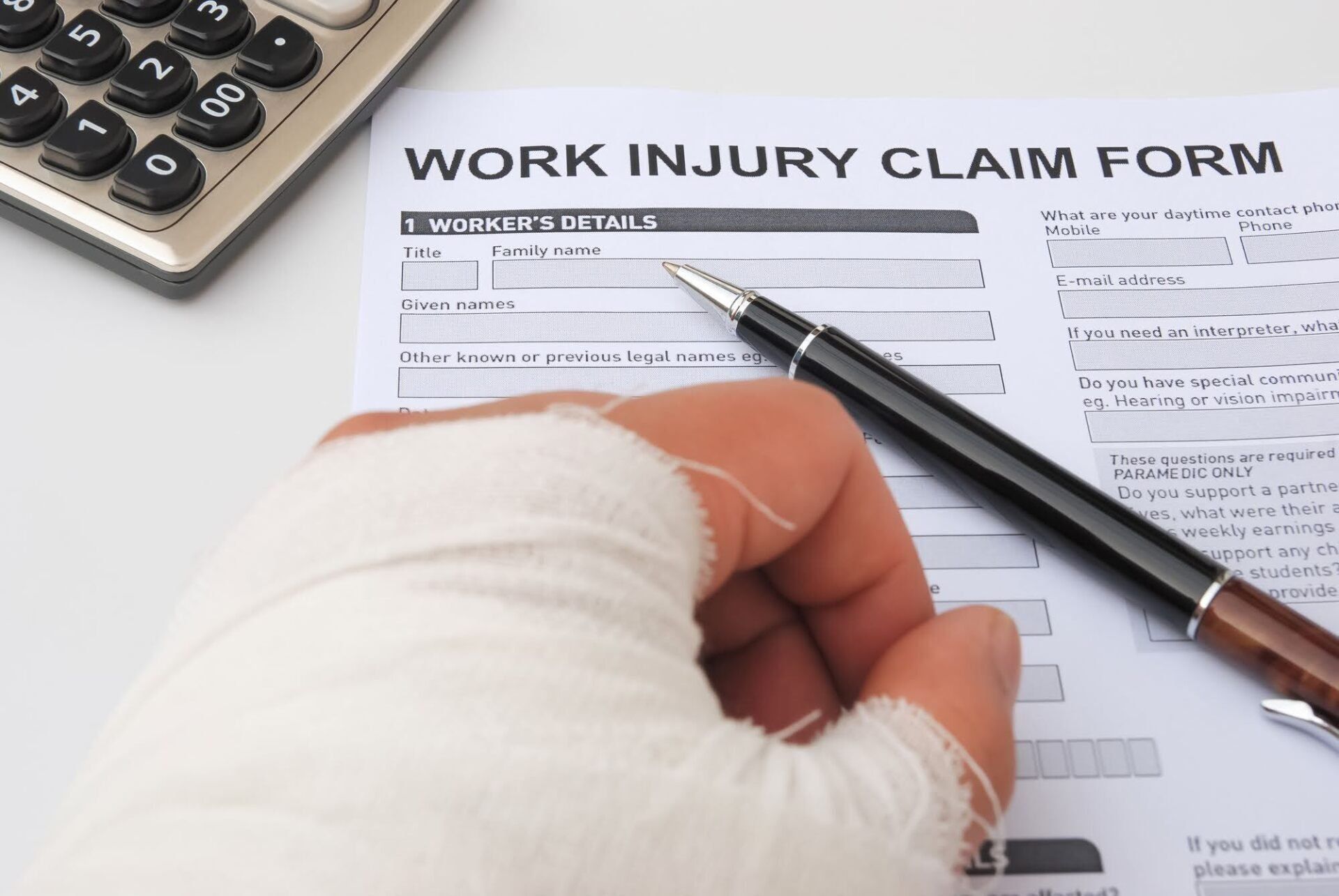Workers’ Comp & Contractors | David A. Helfand, P.C.

The workers’ compensation system is designed to make a fairer system for both employees and employers when there is an accident. However, modern workers and employers face a challenge when work as an independent contractor is part of the mix.
How does independent contractor work affect workers’ comp? What can you do as an independent contractor if you're injured on the job? And what should employers know about independent contract work and their workers’ compensation obligations? Here are some answers to your questions.
What Is an Independent Contractor?
An independent contractor is a person who is self-employed. Many entrepreneurs and professionals work as independent contractors and control which jobs they take on, what they charge, how they do their work, where they work, and the terms under which they take on work.
Independent contractors act as — and are treated by many oversight agencies as — their own small business. This means they take on the responsibilities of an employer, such as withholding and remitting taxes as well as completing all the paperwork required by state and federal rules.
Can a Worker Be Confused About Their Status?
Unfortunately, not all independent contractors are correctly categorized as such. They may not even realize that they are categorized as one by what they think is their employer. How does this happen? Consider the scenario of a delivery person hired by a local retailer.
The retailer wants to avoid paying payroll taxes, benefits, and mandatory insurance and taxes. So it tells the delivery driver that they will be paid the full amount of their wages without taxes withheld. This sounds great to the driver who doesn't realize that the employer adds him as a vendor rather than an employee.
The delivery driver may not even realize that anything is unusual until they receive Form 1099 at the end of the year instead of Form W-2. Taking this to their tax preparer, they may discover that they aren't even an employee and end up with a higher tax bill as a result.
Are Independent Contractors Covered?
What difference does it make if you work for a company as an employee or as an independent contractor? It's a big deal because you aren't covered by the same rights and protections as employees.
In the scenario above, the delivery driver who is reported by the company as an independent contractor is not on any workers’ comp insurance plan, has no right to unemployment insurance, and must pay their own payroll taxes. If they were injured on the job, their own health insurance may not cover it due to policy rules, but they have no workers’ comp coverage either.
Can You Cover Yourself?
As a self-employed person, you don't have to rely on the company or companies you work for to cover you against accident and injury on the job. You can generally purchase your own workers’ compensation coverage that applies to you alone or to you and any employees you hire.
What If You Are Miscategorized?
If you discover that you were misclassified as an independent contractor — and are or were not covered by workers’ compensation insurance — you can take steps to get the protection you need.
The first step is to understand if you really were misclassified. The IRS provides guidelines about what makes a person an independent contractor and what defines an employee. For instance, how much control do you have over how your work is done? Employees' methods, tools, work location, and other specific elements are controlled by an employer. Independent contractors' are not.
You can approach the employer to contest being classified as an independent contractor. Some employers genuinely don't realize they've done something wrong. If this is the case, showing the reason why you believe you were misclassified may convince them to retroactively correct your status — including covering you under workers’ comp policies.
If the employer doesn't agree to this, you may need to report the error to the Internal Revenue Service, your state labor board, state payroll tax agencies, or the workers’ compensation insurance provider. Filing a complaint or claim with these agencies often requires them to investigate your status. If these agencies determine that you were misclassified, your employer may have to pay back taxes, fines, penalties, and premiums.
Where Should You Start?
Do you believe that you have been miscategorized as an independent contractor when you should enjoy the protections of an employee? Want to know more about how to protect yourself if you really are an independent contractor? Start by meeting with a workers’ compensation attorney in your state.
David A. Helfand, P.A . , is ready to help Florida workers with all their needs. Whether you knew you weren't being paid as an employee or not, the first step in getting the coverage you need after an incident is to learn more about how employment status works. We'll assess your situation and help you take the right steps to get on the road to recovery. Call today to make an appointment.
CONTACT US
We will get back to you as soon as possible
Please try again later
CONTACT US
We will get back to you as soon as possible
Please try again later
Notable Cases Handled by
The Law Offices Of David. A Helfand, P.A.
Medical Malpractice - necessary surgery done in negligent manner resulting in lacerated intestine. $800,000.00 – settlement against Surgeon and Hospital.
Medical Malpractice - Misdiagnosed cardiac condition due to negligent study and reporting of diagnostic cardiac test resulting in death of 50-year-old woman - $3,000,000.00 settlement against Hospital and Cardiac radiologist
Medical Malpractice – Administration of medication and failure to recognize side effects causing brain injury – $2.3 million settlement against Hospital and Attending Physician.
Truck Accident – Truck made illegal U-turn at night without proper safety equipment to warn motorists resulting in collision, causing brain injury to oncoming motorist - $2,350,000.00
Uninsured Motorist Claim / Auto Accident – underinsured vehicle rear ended plaintiff, back and shoulder injuries, requiring surgery - $558,000.00 settlement against uninsured motorist insurance company.
Supermarket Slip and Fall – Plaintiff slipped on dropped fruit on floor, causing plaintiff to slip and fall resulting in shoulder and back surgery - $450,000.00
Supermarket Slip and Fall on Water – captured on store security system- knee injury -$125,000.00 settlement against supermarket
Near Drowning – At Hotel pool that failed to have property safety lines in pool and no lifeguard - $340,000.00 settlement with hotel
Workers Compensation Case
– Worker fell off roof while working, sustaining catastrophic back injuries – all employers denied compensability - $2,000,000.00 Global Settlement
Workers’ Compensation Case - Dock Worker injured at work when delivery truck was not properly braked to the dock. Workers compensation settlement and settlement against truck company - confidential settlements
Negligence – Negligent supervision at school resulting in injured eye to student due to lack of supervision, Confidential settlement.
Premise Liability – household guest burned by fire when homeowner spilled hot oil on guest while cooking- $300,000.00 settlement with Homeowner’s Insurance Company.
Slip and Fall – on wet floor in restaurant bathroom resulting in fractured ankle- $325,000.00 Jury Verdict.
Office Hours:
- Mon - Fri
- -
- Sat - Sun
- Closed










